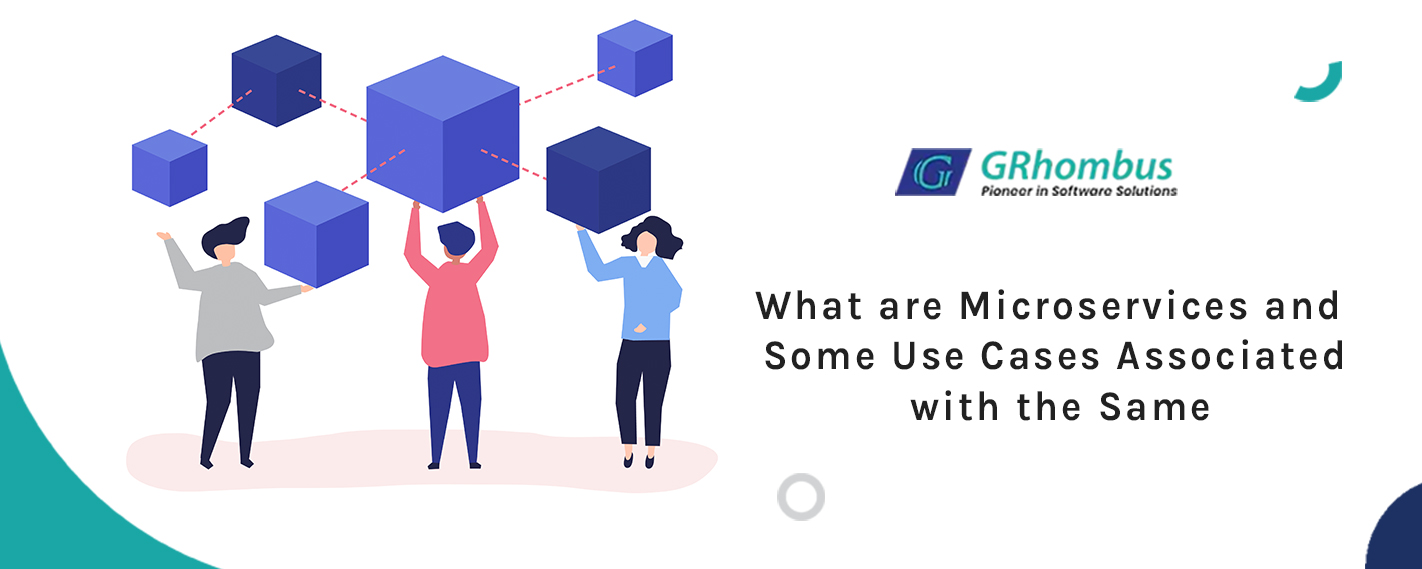Software and programming have revolutionised the way we work and have positively impacted human life at every level. Today, there is no field in the world that is immune to the software revolution.
Traditionally, software development proceeded on a monolithic architecture. In such a case, the entire system is developed as a single unified system. The codebase contained all the necessary components, such as the user interface, business logic, and data storage. Thus, all components shared the same memory space, and the entire application was running as a single process. This approach was easy to code and deploy especially for small scale software projects. However, as software projects became more complex and mission critical, such a monolithic approach had its inherent limitations. It was difficult to maintain the software and install patches and upgrades. Further, with increasing IT penetration and expanding user base, scaling up of systems was also a challenge.
Testing was difficult and making changes to one part of a system could have an impact on some other part. It was also difficult to trouble shoot in such cases, with testing also becoming cumbersome.
Considering the above limitations, many organizations moved away from a monolithic architecture to a more user and deployment friendly architecture like microservices or service-oriented architectures.
A microservice architecture is a type of software architecture wherein an application is composed of small, independent, and modular services. Each microservice performs a specific function and communicates with other microservices through well-defined APIs or any other light-weight protocol.
Some of the advantages of microservices are:
1. Robustness and Scalability
Microservices are usually small and self-contained. Hence, they can be scaled up or down as needed. This means that the application can handle varying levels of traffic and workload without impacting performance. Even if one part of the application fails, it does not bring the whole roof down (literally!).
2. Agility in application
Each microservice can be developed, deployed, and maintained independently, which allows for greater agility in the development process. Teams can work on different parts of the application without having to worry about breaking other parts, unlike in a monolithic architecture where all parts are held together as one unit.
3. Diversity in application of technology
Different services can be developed using programming languages, frameworks or technologies, depending on the specific requirements of each service. Thus, the best can be chosen for a specific function and this will deliver amazing results in overall performance.
Some very famous use cases of microservices being actively used are:
1. Amazon
Amazon actively uses microservices for application development and deployment.
2. Netflix
Netflix has over 500 microservices that run and is a great example of smooth performance even in conditions of high load or varying traffic volume.
3. Airbnb
Considering the business case of Airbnb, it is vital that users be notified on different devises and have a seamless experience right from logging in to making a booking. In such cases multiple channels and platforms being used, microservices are the best bet to success.
4. Best Buy
Best Buy was an early pioneer and started migrating to a microservices framework to manage and transform their e-commerce portal.
Overall, microservices offer a more decentralized approach, where each service can be updated and improved without disrupting the entire system. They are cheaper to develop and deploy and considering increasing complexity of software projects, microservices look to be among the safest and best methods forward.
About GRhombus Technologies
GRhombus Technologies is a leading software development company in UK. Apart from software development, we are also among the leading cyber security companies in UAE. GRhombus Technologies has established itself as a pioneer in Data Visualization, Edtech, IoT Testing, Salesforce Development and Cloud Testing. Driven by the guidance of experts with more than 25 years of industry experience, the GRhombus Technologies family now has over 200 employees.
For additional details, please contact us.
